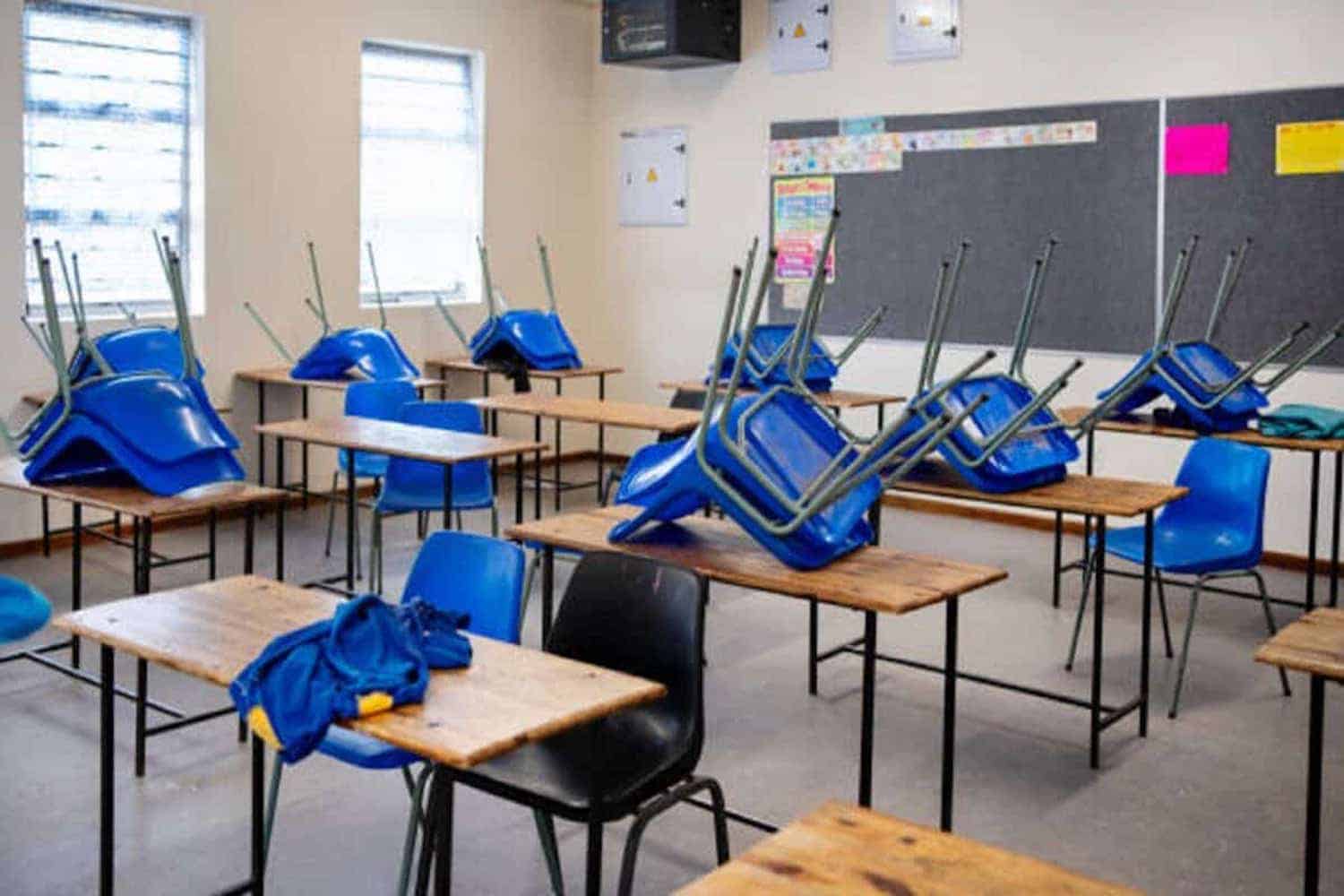
The DBE confirmed that interventions are underway to manage the potential outbreak of infectious diseases, especially foodborne illnesses.
The department of basic education has placed the responsibility for staffing, funding and resourcing special needs schools onto provincial education departments.
The department stated that it does not directly manage these operations.
This clarification came in response to a parliamentary question by EFF MP Reneiloe Mashabela seeking to establish whether all special needs schools would be adequately staffed and resourced for the 2025 academic year.
ALSO READ: Education department launches blitz on independent schools amid Cwecwe rape case
Provincial jurisdiction
In a written response, the department said it does not oversee direct operations at special needs schools.
“The responsibility for ensuring that all special needs schools are adequately staffed and resourced for the 2025 academic year lies with the respective provincial education departments,” the national department said.
It added that while the department has facilitated the provision of key educational materials, it also noted the resources include Curriculum Assessment Policy and Statement textbooks.
These are available in braille and large print, procured from Pioneer Printers and Blind SA. However, distribution and implementation are provincial mandates.
“These resources were shared with provincial education departments for use by their schools. They have also been made available on the national department’s website,” it noted.
ALSO READ: Gauteng education cuts ties with Nali’Bali after sexual assault incident
Budget concerns
On funding adequacy, the department again deferred responsibility to the provinces. Budget allocations for the 2025 academic year are managed by the provincial departments.
“Queries regarding budget sufficiency for the 2025 academic year should be referred to the relevant provincial departments,” it stated.
Mashabela also queried what steps have been taken to curb financial mismanagement in special needs schools.
In response, the national department reiterated that provincial departments are responsible for implementing financial controls. The national department merely provides “oversight and guidance”.
ALSO READ: Tensions rise ahead of key Nsfas deadline
Health measures in place
The department of basic education confirmed that interventions are underway to manage the potential outbreak of infectious diseases, especially foodborne illnesses.
These efforts form part of a broader collaboration with provincial health departments.
“To support schools (including special needs schools) the department has implemented several interventions,” it said.
These include the distribution of a safety circular, Standard Operating Procedures, educational materials and health messaging campaigns.
The 2025 Back to School campaign also featured health awareness drives.
“Incorporation of health awareness messages in the ministerial announcement of the 2024 National Senior Certificate Results” and public broadcasts through television, radio and community platforms are part of this strategy, the department said.
Further efforts include the review of tuckshop guidelines and school readiness monitoring. There are also food safety workshops aimed at equipping schools with critical knowledge.
NOW READ: Gauteng dept of education failing with just 1.3% of budget going on school repair backlog

